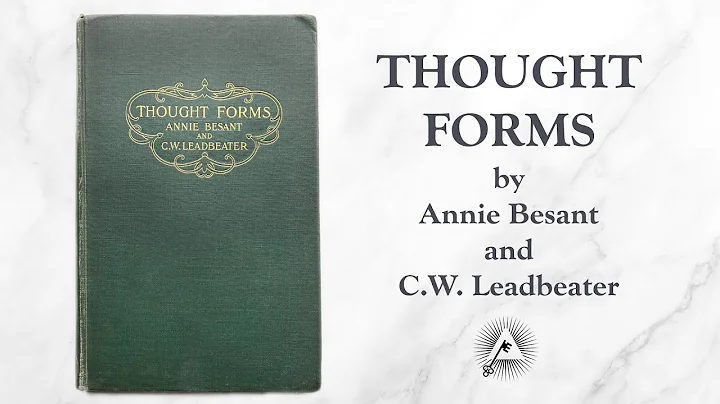 Do you know? Babies will be able to "deceive" at 6 months old.
Do you know? Babies will be able to "deceive" at 6 months old.
Reddy, a professor of psychology at the University of Portsmouth in the United Kingdom, found in research that infants and young children between 6 months and 3 years old use up to 7 deception methods, and babies will discover very early that fake crying and pretending to laugh can Get adults' attention.
In other words, babies can "deceive" adults by "fake crying" as early as 6 months old.
Research also found that babies are almost always unhappy after starting to cry and cry, but when the mother approaches, the baby's mood will significantly improve, and when the mother turns away and returns again, the baby's face will smile again.
Therefore, researchers believe that "fake crying" is actually a way for babies to win the attention of their guardians, with the purpose of arousing an emotional response from adults.

So if we find that the baby is "fake crying", then we should pay attention. Are we usually neglecting the baby? In addition to meeting the physical needs of babies, we also need to meet their emotional needs.
Babies who love to fake cry may be smarter
Many mothers will feel upset whenever their baby cries when they are raising their baby. They feel that whether the baby cries for real or fake, it is a terrible bad thing.
In fact, babies’ tendency to fake crying is a sign of intelligence, so mothers don’t need to be too upset.
1. Babies love fake crying and are more expressive.
For babies, crying is the most basic way of expression. Babies will cry when they are hungry, sleepy, tired, or uncomfortable.
During this process of fake crying, the baby's expressive ability will be enhanced, which will help their emotional development, make the parent-child relationship closer, and make them smarter when they grow up.

2. Babies love to fake cry and are more observant
Some parents may find that babies also have skills in fake crying.
At the beginning, the baby may just "howl", hoping to attract the attention of adults with the sound of crying. As it becomes more experienced, the baby will fake cry for a while, pause, secretly pay attention to whether the parents react, and then decide Do you want to continue to fake cry?
The progress of this skill shows that babies' observation ability is steadily improving. They will not only express themselves through fake crying, but also observe the actual reactions of parents to make more effective responses.
3. Babies love to fake crying and have stronger interpersonal communication skills.
Babies attract adults’ attention by fake crying. This is actually a manifestation of their strong expressive ability. This ability will give them an advantage in interpersonal communication and stronger communication skills. .

How to tell whether the baby is really crying or fake crying?
As soon as the baby cries, some mothers will be at a loss what to do and cannot tell whether it is real crying or fake crying.
In fact, we can make effective identification by observing the baby's actual performance.
For example, some babies cry for a while, then stop, peek to see if anyone is paying attention to them, and then continue crying. This is 100% fake crying.
Some babies will keep crying and crying. Even if the mother comforts them carefully, the baby will not get better. The baby is probably really crying at this time.
In this regard, we should judge whether the baby has any actual needs? For example, whether they are hungry, have diarrhea, sleepy, thirsty, etc. These questions may cause the child to cry.

When a baby fakes crying after the age of 1, parents should intervene appropriately.
Although the baby's tendency to fake crying is an outward sign of intelligence, when the baby reaches 1 year old and develops self-awareness, we should intervene appropriately when the baby fakes crying. Otherwise, when the baby grows up, he may become accustomed to crying as a "threat" and crying to satisfy his own needs.
When a baby after 1 years old pretends to cry, first of all, we must downplay his behavior.
For example, if a baby fakes crying, it is just to gain the attention of parents, or it is "unreasonable" and has no substantive needs, so we can ignore it appropriately.
If the baby finds that the method of fake crying does not work, he will slowly get rid of this habit of fake crying and realize that his parents have seen through his little trick and this road will not work.

Secondly, we must give more care to children and meet their normal needs.
Babies like to fake cry, and in most cases they still want to be accompanied by their parents, which is probably a sign of "lack of love".
If we really spend less time with our children, we should meet their normal emotional needs after busy work, spend as much time as possible with our children, and make them feel loved and cared for in the parent-child time with them. Over time, , the baby will naturally not fake crying to gain attention.

Conclusion:
The baby’s fake crying looks like he is “fighting wits and courage” with us, but in fact, it is an external manifestation of his emotional needs.
In the process of raising babies, we must accept their "unreasonable troubles" and try to give them more care and companionship. Otherwise, the baby's original "fake crying" is likely to turn into "real crying".
Today’s topic: When did your child start pretending to cry?









![Despite Being a Loyal Hound He Was Betrayed, So After Regression He Decided to Seek Revenge [1-18] - DayDayNews](https://i.ytimg.com/vi/pmLdLKb_nIs/hq720.jpg?sqp=-oaymwEcCNAFEJQDSFXyq4qpAw4IARUAAIhCGAFwAcABBg==&rs=AOn4CLBKxGXUjr9ArhoTIKMLHsmOkmDJuw)

